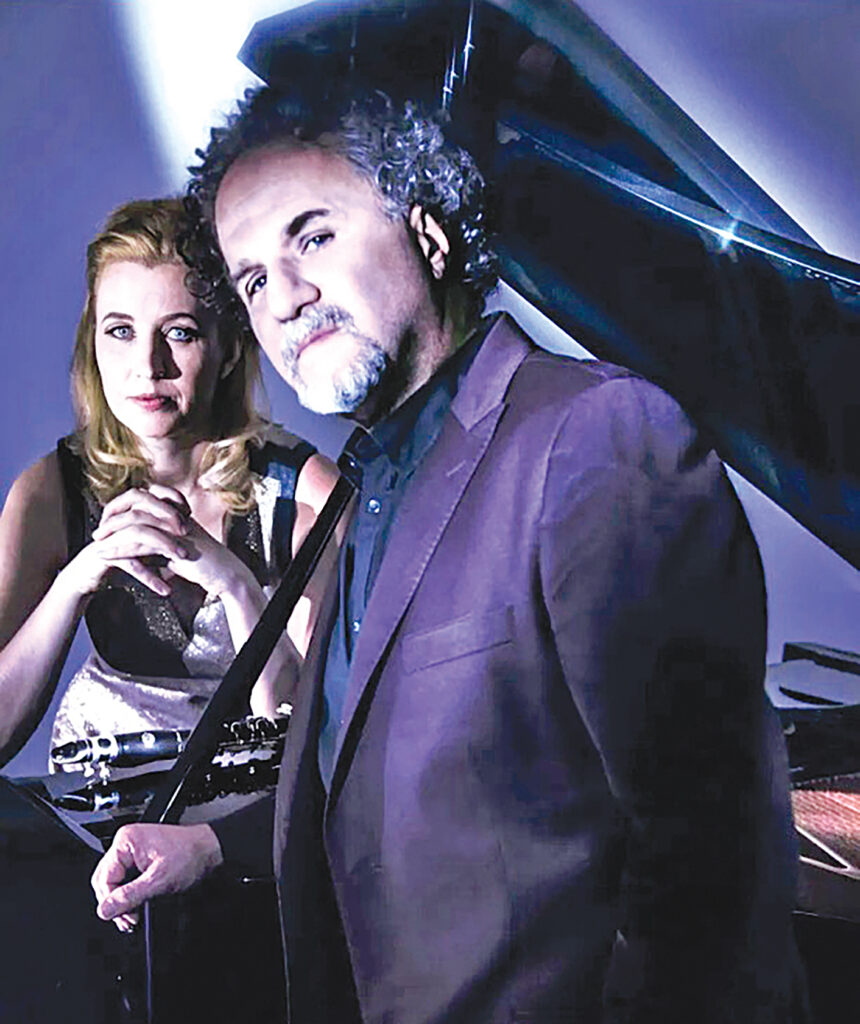Shelter Island Reporter Column: Psychotherapy 101

The chances are pretty good that you or someone you know has felt the need for counseling sometime in these past few years. Since the pandemic, therapists report they have never been busier, so you are certainly not alone.
Prior to the pandemic, seeing a counselor or therapist usually meant a visit to a clinic or office. But now, remote therapy is as prevalent as remote office work, so your therapist can be next door or across the world. Finding the right therapist can feel overwhelming. You might not even be aware of the considerations involved, and just take the first name you’re given, whether that person is right for you or not.
In this column, I hope to demystify psychotherapy, so that during a time of emotional vulnerability you can make the best choices in finding help.
One basic question that people ask is what is the difference between counseling and psychotherapy. While people often use the words interchangeably, they are different. People seeking counseling are generally looking for help with a specific problem.
It tends to be more issue-focused and short-term. On the other hand, people seeking psychotherapy are usually suffering from an emotional problem or conflict. This requires a more in-depth understanding of who that person is and how to find the tools to change.
So, who is a “counselor” and who is a “psychotherapist?” Confusingly enough, the terms do not really tell us anything. The answer lies in the type of experience, education, and training of the mental health provider.
A rule of thumb is that psychotherapy is performed mostly by licensed clinical psychologists, social workers, and psychiatric nurses. Psychiatrists are medical doctors who often perform psychotherapy, but also prescribe medication.
Someone whose symptoms require medication (for example, serious depression or anxiety disorders) may choose to be monitored by a psychiatrist for the medication and see a psychologist or social worker for “talk therapy.” This tends to be less expensive. And not all psychiatrists perform psychotherapy. All of these professionals can work in either private practice or in a clinical setting.
Another group of professionals, licensed mental health counselors, have an advanced counseling degree and, depending on their experience, can also treat mental and emotional problems. They often work in clinics, schools, and in-patient facilities. Substance abuse counselors may have an advanced degree, but it’s not required.
What is required is specific training in alcohol and substance abuse with strict licensing from a New York State credentialing agency. Most addiction specialists work in clinics and treatment facilities.
Before I drill into the different types of treatment, bear in mind that what’s most important in finding a therapist is how you connect. Are you feeling listened to and understood? Does this person “get” you? Do you feel empathy and concern? If that is not happening, the experience and credentials are irrelevant — that person is not for you. This is also of primary importance if you are seeking a therapist for your child or adolescent, a subject that will be discussed later.
Also, feel free to ask about their credentials or their therapeutic style. Some therapy just means talking during the session. Others suggest “homework,” or exercises to try at home. If you have a specialized concern, such as an eating disorder or gender identity issue, it makes sense to ask if the clinician has specialized training and experience working with those situations.
At the risk of over-simplifying, adult therapy is often divided into four categories: Psychoanalysis or Psychodynamic Psychotherapy, Cognitive Behavioral Therapy (CBT), Dialectic Behavioral Therapy (DBT), and Humanistic Psychotherapy. While each type does target a particular population, all are considered effective.
Let’s start with psychodynamic psychotherapy. While psychoanalysis originated with Sigmund Freud’s theories, as it has evolved into the 21st century it’s often very different. However, the process of uncovering a person’s deep-seated feelings and experiences to better understand oneself remains the same. Think about a person whose early personal relationships are now affecting their current relationships.
Psychoanalytic psychotherapy can take time, but proponents believe that the effects are long-lasting and the only way to effect real change.
Cognitive Behavior Therapy has become very popular because it is shorter-term and targeted on thoughts. The focus is on transforming negative and inaccurate thinking to become healthier and more rational.
For example, consider a person who is anxious about going to social gatherings because they think no one will be interested in what they have to say. This type of therapy helps remove the barriers that people construct about themselves and their capabilities.
People who have negative self-esteem or are basically “stuck” can often benefit from CBT. CBT is an outgrowth of behavioral therapies which have historically been effective in treating phobias, where people learn to confront their fears in small but deliberate steps.
Dialectic Behavior Therapy is a relatively new form of therapy that targets a more troubled population. People who engage in self-destructive behaviors and whose emotions feel out of control can benefit from DBT.
The goal is to recognize “triggers” that will lead to impulsive and harmful behaviors and to learn how to identify and regulate emotions rather than react to them.
Humanistic psychotherapy provides an atmosphere of support and empathy attempting to help “clients” (as they are called here) reach their full potential. For instance, someone struggling with the sudden death of a loved one might benefit from this. The focus is on the client’s coping mechanisms in the “here and now.”
Children, of course, raise special concerns. Professionals and parents agree that many of our children are in crisis. Between the social isolation of the pandemic, fears of gun violence, stress from social media, and bullying, children’s anxiety and depression have never been higher. Suicide attempts and, unfortunately, “completed suicides” are keeping crisis counselors overworked and emergency rooms at dangerous levels.
Parents need to get ahead of the problem to find counseling or therapy for their child before it hits the crisis level. Any mental health professional trained in working with children is a good place to start. Shelter Island parents can contact the school social worker, Cassandra Carroll (631-749-0302, ext. 112), or the Shelter Island Town Social Worker Alexandra Hakim (631-749-8807), for resources.
Thinking the situation will get better on its own is not helpful. A therapist can help assess whether the problem requires continued treatment or is merely a bump in the road.
For both adults and children, it is time to get past the stigma of psychotherapy and recognize that the stressors in living are real and not everyone should be forced to cope with them alone. Qualified professionals are here to help, and when needed, we should avail ourselves of their expertise.
Nancy Green is a retired social worker and former psychotherapist.









